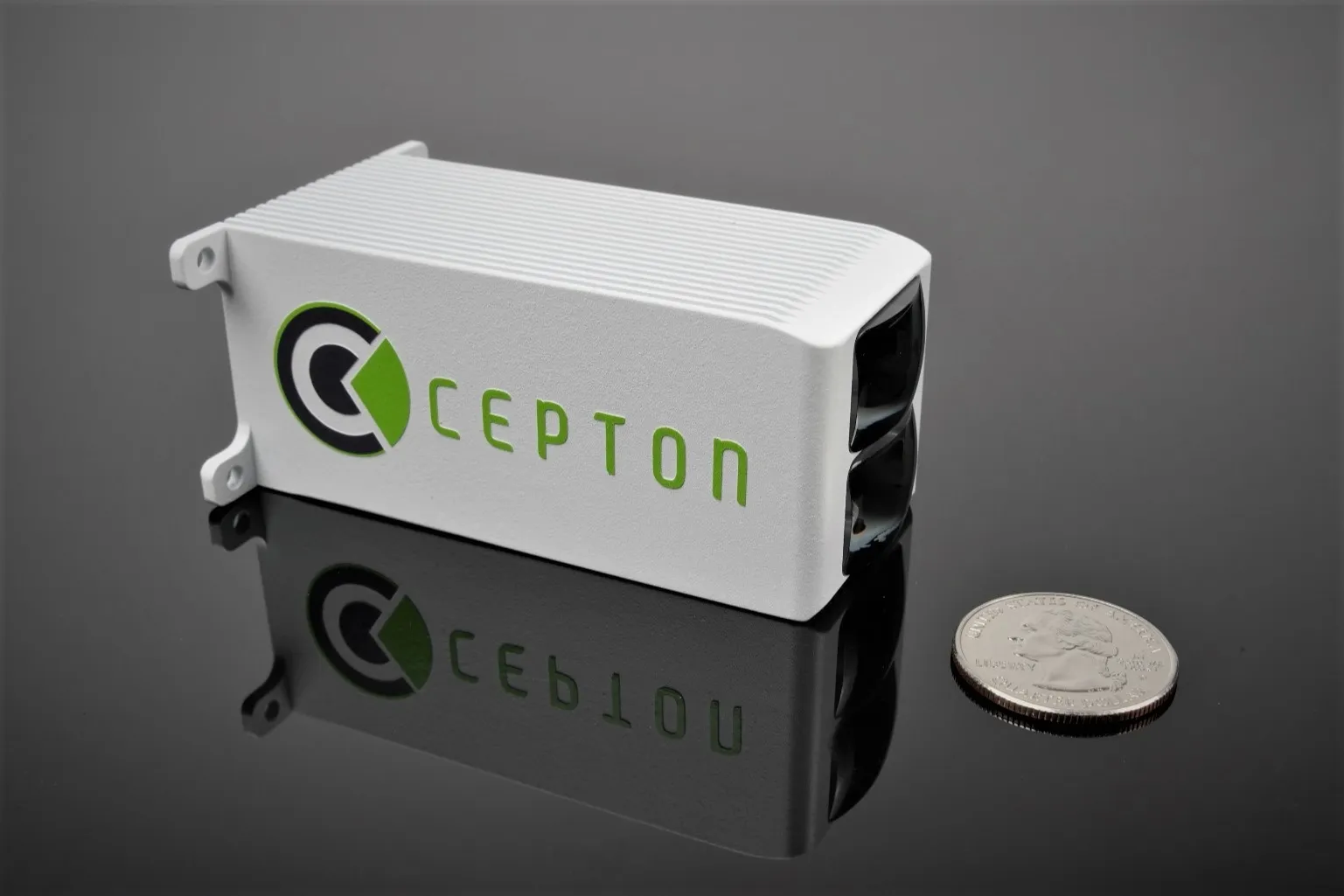In its latest study, “Emerging Technologies: Autonomous cars—not if, but when,”, IHS Automotive forecasts total worldwide sales of self-driving cars (SDC) will grow from nearly 230 thousand in 2025 to 11.8 million in 2035 – seven million SDCs with both driver control and autonomous control and 4.8 million that have only autonomous control. In all, there should be nearly 54 million self-driving cars in use globally by 2035.
The study anticipates that nearly all of the vehicles in use are likely to be self
January 7, 2014
Read time: 3 mins
In its latest study, “Emerging Technologies: Autonomous cars—not if, but when,”, IHS Automotive forecasts total worldwide sales of self-driving cars (SDC) will grow from nearly 230 thousand in 2025 to 11.8 million in 2035 – seven million SDCs with both driver control and autonomous control and 4.8 million that have only autonomous control. In all, there should be nearly 54 million self-driving cars in use globally by 2035.
The study anticipates that nearly all of the vehicles in use are likely to be self-driving cars or self-driving commercial vehicles sometime after 2050.
The price premium for the SDC electronics technology will add between US$7,000 and US$10,000 to a car’s price in 2025, a figure that will drop to around US$5,000 in 2030 and about US$3,000 in 2035 when no driver controls are available.
“There are several benefits from self-driving cars to society, drivers and pedestrians,” says Egil Juliussen, principal analyst for infotainment and autonomous driver assisted systems at IHS Automotive, who co-authored the study with IHS Automotive senior ADAS analyst Jeremy Carlson.
“Accident rates will plunge to near zero for SDCs, although other cars will crash into SDCs, but as the market share of SDCs on the highway grows, overall accident rates will decline steadily,” Juliussen says. “Traffic congestion and air pollution per car should also decline because SDCs can be programmed to be more efficient in their driving patterns.”
The study also notes some potential barriers to SDC deployment and two major technology risks: software reliability and cyber security. The barriers include implementation of a legal framework for self-driving cars and establishment of government rules and regulations.
Autonomous car technology is already affecting driver assist systems such as adaptive cruise control, lane keep assist, and collision mitigating brake systems. Additionally, the IHS study says the first group of autonomous cars will have so-called Level 3 capability – limited self-driving that enables the driver to cede full control of all safety-critical functions under certain traffic and environmental conditions and includes auto pilot for highway travel and parking.
Coming later in the decade will be SDCs with level 4 capability – self-driving but with human controls.
North America is forecasted to account for 29 per cent of worldwide sales of self-driving cars with human controls (level 4) and self-driving only cars (level 5) in 2035, or nearly 3.5 million vehicles. China will capture the second largest share at 24 per cent, or more than 2.8 million units, while Western Europe will account for 20 per cent of the total, 2.4 million vehicles.
The study anticipates that nearly all of the vehicles in use are likely to be self-driving cars or self-driving commercial vehicles sometime after 2050.
The price premium for the SDC electronics technology will add between US$7,000 and US$10,000 to a car’s price in 2025, a figure that will drop to around US$5,000 in 2030 and about US$3,000 in 2035 when no driver controls are available.
“There are several benefits from self-driving cars to society, drivers and pedestrians,” says Egil Juliussen, principal analyst for infotainment and autonomous driver assisted systems at IHS Automotive, who co-authored the study with IHS Automotive senior ADAS analyst Jeremy Carlson.
“Accident rates will plunge to near zero for SDCs, although other cars will crash into SDCs, but as the market share of SDCs on the highway grows, overall accident rates will decline steadily,” Juliussen says. “Traffic congestion and air pollution per car should also decline because SDCs can be programmed to be more efficient in their driving patterns.”
The study also notes some potential barriers to SDC deployment and two major technology risks: software reliability and cyber security. The barriers include implementation of a legal framework for self-driving cars and establishment of government rules and regulations.
Autonomous car technology is already affecting driver assist systems such as adaptive cruise control, lane keep assist, and collision mitigating brake systems. Additionally, the IHS study says the first group of autonomous cars will have so-called Level 3 capability – limited self-driving that enables the driver to cede full control of all safety-critical functions under certain traffic and environmental conditions and includes auto pilot for highway travel and parking.
Coming later in the decade will be SDCs with level 4 capability – self-driving but with human controls.
North America is forecasted to account for 29 per cent of worldwide sales of self-driving cars with human controls (level 4) and self-driving only cars (level 5) in 2035, or nearly 3.5 million vehicles. China will capture the second largest share at 24 per cent, or more than 2.8 million units, while Western Europe will account for 20 per cent of the total, 2.4 million vehicles.








